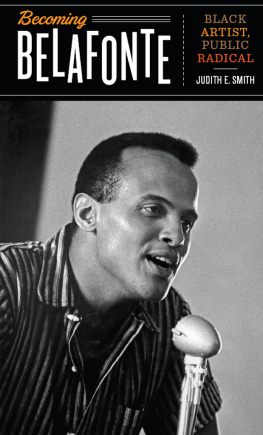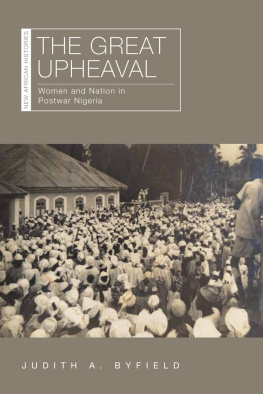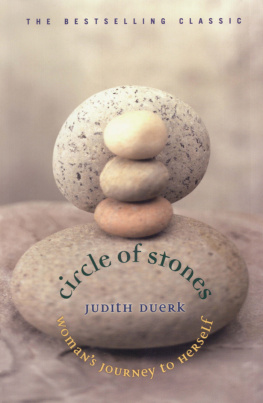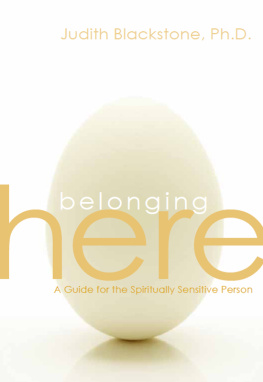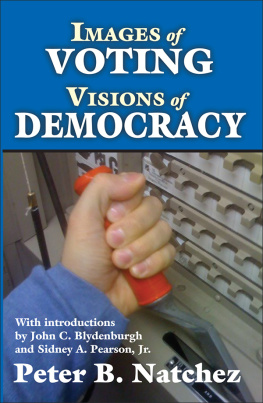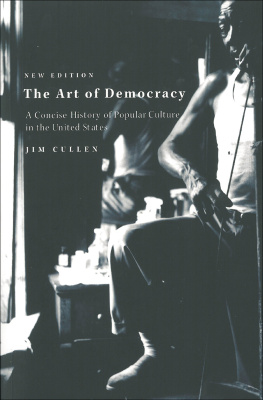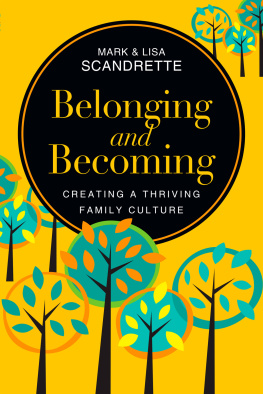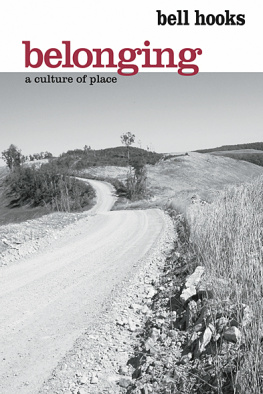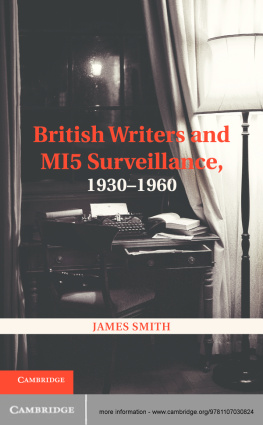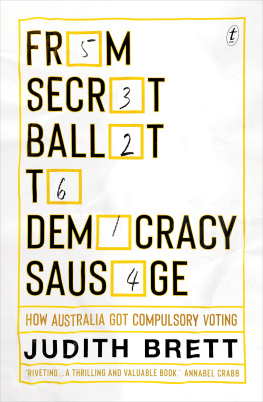POPULAR CULTURES, EVERYDAY LIVES
ROBIN D. G. KELLEY AND JANICE RADWAY, EDITORS
Interzones: Black/White Sex Districts in Chicago and New York in the Early Twentieth Century
KEVIN J. MUMFORD
City Reading: Written Words and Public Spaces in Antebellum New York
DAVID M. HENKIN
Selling Suffrage: Consumer Culture and Votes for Women
MARGARET FINNEGAN
Ladies of Labor, Girls of Adventure: Working Women, Popular Culture, and Labor Politics at the Turn of the Century
NAN ENSTAD
Telling Bodies, Performing Birth: Everyday Narratives of Childbirth
DELLA POLLOCK
From Bomba to Hip-Hop: Puerto Rican Culture and Latino Identity
JUAN FLORES
Taking the Train: How Graffiti Art Became an Urban Crisis in New York City
JOE AUSTIN
Shaky Ground: The 60s and Its Aftershocks
ALICE ECHOLS
COLUMBIA UNIVERSITY PRESS
Publishers Since 1893
New York Chichester, West Sussex
cup.columbia.edu
Copyright 2004 Columbia University Press
All rights reserved
E-ISBN 978-0-231-50926-8
Library of Congress Cataloging-in-Publication Data
Smith, Judith E.
Visions of belonging : family stories, popular culture, and postwar democracy, 19401960 / Judith E. Smith.
p. cm(Popular cultures, everyday lives)
Includes bibliographical references (p.) and index.
ISBN 0-231-12170-9 (cloth : alk. paper)
1. Popular cultureUnited StatesHistory20th century. 2. Arts, American20th century. 3. FamilyUnited StatesHistory20th century. 4. United StatesSocial life and customs19181945. 5. United StatesSocial life and customs19451970. I. Title. II. Series.
E169.S655 2004
306.8509730904DC22
2003067481
A Columbia University Press E-book.
CUP would be pleased to hear about your reading experience with this e-book at .
Designed by Lisa Hamm
W HEN I BEGAN THIS PROJECT, I WAS INTERESTED IN WHAT THE FILMMarty could illuminate about the experience of ethnic communities in the 1940s and 1950s. As a social historian dedicated to understanding the lives of anonymous immigrant laboring families, I had inherited the ordinary family framework from the popular front without being fully aware of its political or rhetorical significance. In following the intellectual signs that have redefined this as a project in cultural history, I have been blessed with extraordinary friends and colleagues as teachers. Sharon Strom, Lary May, and George Lipsitz were my first guides to the history of wartime and postwar film. Tom Doherty helped locate sources and films. My fellow travelers in postwar cultural history Daniel Horowitz, Elaine May, Lizabeth Cohen, Ruth Feldstein, and George Lipsitz have generously shared research and insights. Working in American Studies with literary and cultural historian Chris Wilson and film scholar Linda Dittmar encouraged me to locate Marty within a literary tradition stretching back through the family plays of Clifford Odets and Arthur Miller and forward to Lorraine Hansberrys Raisin in the Sun. My early efforts at contextualizing Chayefskys invention of Italianness as a white ethnicity were redirected by Mary Helen Washington and Nikhil Singh, who suggested that I look at this new formulation of ethnicity in relationship to African American writers and wartime and postwar theorizing about race. When I began to draft the book in 1997 and 1998, Michael Dennings The Cultural Front and Matthew Frye Jacobsons Whiteness of a Different Color opened important conceptual directions. When I discovered that ordinary family stories were in many cases the product of the left in the 1940s and 1950s, Rachel Rubin, Jim Smethurst, Mari Jo and Paul Buhle, and Mark Solomon helped me interpret what I found.
My expert guides through the ever expanding parameters of this research have been librarians: at the Margaret Herrick Library of the Academy of Motion Picture Arts and Sciences in Los Angeles; the University of California, Los Angeles, Film Archives; the Special Collections at the Cinema-Television Library, University of Southern California; the Museum of Broadcasting in New York; the New York Public Library for the Performing Arts; the Southern Historical Collection at the University of North Carolina, Chapel Hill; the Film and Television Collections at the State Historical Society of Wisconsin in Madison; the Harry Hansom Humanities Research Center at the University of Texas, Austin. Ned Comstock from USCs Special Collections was especially generous in cheerfully sending me additional research materials as my group of films expanded. Kristine Krueger provided expert assistance in finding film stills, and Pembroke Herbert and Sandi Rygiel lent their enthusiasm and creativity to locating additional visual materials. American Studies graduate students provided invaluable research assistance: Melanie Kuhn, Robert Macieski, Nancy Palmer, Dale Dooley, Daphne Lagios, and Michael Beckett at Boston College and Lisa Bertola and Daniel Boudreau at the University of Massachusetts, Boston. Last-minute assistance from history graduate students Abigail Bass from Harvard, Erica LeMay from the University of North Carolina, and Alison Varzolly from UCLA saved me from having to repeat trips to archival collections. The warm hospitality of Bruce Green and the late Linda Dove, Mary Yaeger and John Lithgow, Charlie and Joann Kaplan in repeated visits to Los Angeles, and of Linda Gordon and Allen Hunter in Madison, Kip Pells in Austin, and John Feinblatt in Manhattan added the gifts of their friendship to research trips away from home. Daphne Lagioss research in womens magazine helped me to position Betty Smith, Kathryn Forbes, and Cid Ricketts Sumner within popular publishing. Michael Becketts meticulous research in the black press and his creativity and initiative in tracking leads and finding material enabled me to follow the critical reception of postwar films and drama in greater depth.
Anne Fleche, Alex Bloom, Alan Wald, Irwin Silber, Penny Von Eschen, David Levering Lewis, Gerald Horne, Kate Weigand, Stephen Whitfield, Michele Hilmes, Jason Loviglio, Susan Smulyan, David Sanjek, and J. Fred MacDonald helpfully responded to research queries. Delbert Mann, Ernest Borgnine, and Walter Seltzer met with me in Los Angeles and generously filled me in on the details of the television and film productions of Marty. Clarice Durham and Dorothy Burnham spoke with me about their knowledge of Richard Durham and Lorraine Hansberry in the 1940s and 1950s. Paper presentations and individual chapters benefited from perceptive commentary from Lizabeth Cohen, Peter Filene, the late Roland Marchand, Patricia Turner, Paula Fass, Sharon Strom, Mary Helen Washington, Lisa Fine, Susan Levine, Susan Porter Benson, Ruth Feldstein, Nikhil Singh, Laura Browder, Christina Simmons, Barbara Melosh, Mark Solomon, Christine Stansell, Joan S. Rubin, Harry Chotiner, and Ben and Sarah Blum-Smith. Ben Keppel, Kevin Gaines, Mark Solomon, and Jim Smethurst were insightful critics for the chapter on Hansberry. An early version of some of the material in that appeared as Radios Cultural Front, 19381948 in the collection he coedited with Michele Hilmes,


